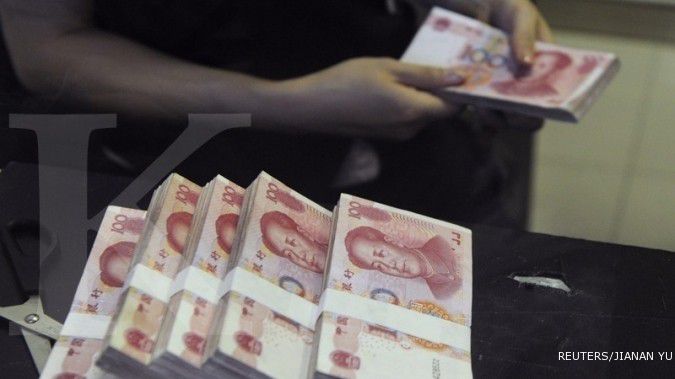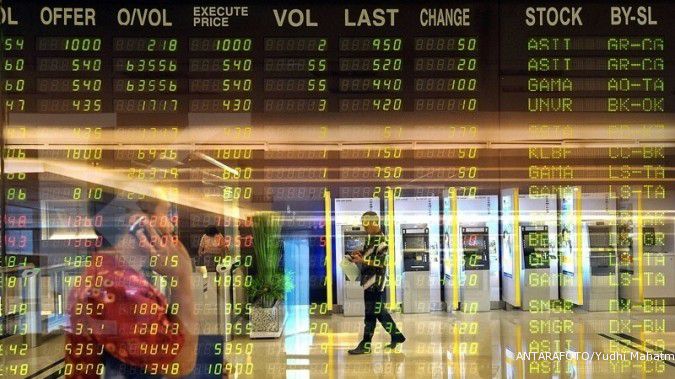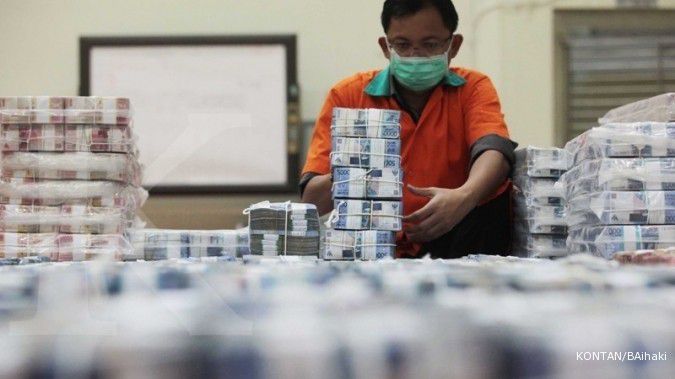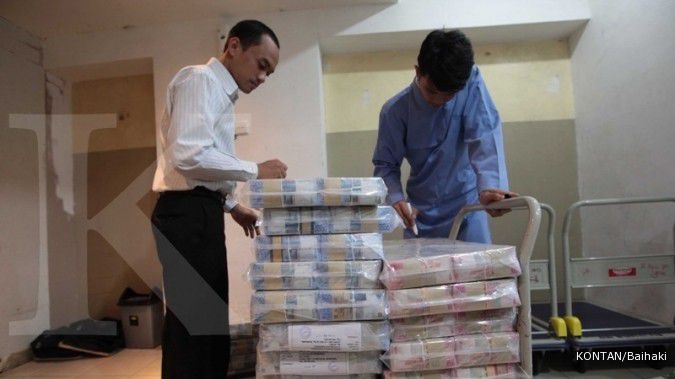JAKARTA. Indonesia aims to step up its bilateral ties with China by sealing a number of business deals totaling US$20 billion, both through business-to-business and government-to-government arrangements, during a state visit by Chinese President Xi Jinping in early October.
Industry Minister MS Hidayat said that the two governments agreed to jointly develop several industrial estates in the eastern part of the country to accelerate industrial growth and create multiplier effects in some of the least developed regions.
“We will determine which regions will host the investment according to our MP3EI [Master Plan for the Acceleration and Expansion of Indonesian Economic Growth],” he told reporters after a hearing at the House of Representatives on Thursday evening.
Hidayat added that several Chinese and local firms would join forces to build refineries and smelters, with construction of the projects expected to kick off as early as next year.
“This will help boost foreign direct investment markedly next year,” he added.
Indonesia, Southeast Asia’s largest economy, currently runs a heavy trade deficit with China, which from January to July this year amounted to $5.67 million, according to data from the Central Statistics Agency.
Many local business people and industry stakeholders often attribute this to the ASEAN-China free trade agreement that came into effect in 2010.
Indonesia had a trade deficit of $5.61 billion with China in 2010 and the figure has gradually increased, up to $8.16 billion last year.
Economists have said the government should seek increased Chinese investment in the country, particularly in the upstream sectors and those oriented toward exports, to ease the imbalance.
Trade Minister Gita Wirjawan said that the government would seek ways to address the current imbalance together with Chinese officials during the upcoming visit of the China delegation.
He pointed out that the inflow of investment from the planned projects would help resolve the problem.
“I think these investments will really support our interests and re-balance our mutual trade,” Gita told reporters after the hearing.
Gita said that the new cooperation would extend to the financial sector with the central banks of both countries planning to sign a bilateral swap agreement (BSA), which would enable Indonesia to access liquidity assistance from China of up to $40 billion.
Earlier, Finance Minister Chatib Basri had revealed that Indonesia was negotiating an agreement with Japan and two other countries. However, he was unwilling to elaborate on the details.
The cash injection will provide greater ability for Indonesia to overcome potential financial problems by allowing it to take necessary fiscal measures.
However, Bank Indonesia spokesman Difi Johansyah declined to confirm the planned agreement with China. “For the time being I have no comment to make [on that issue],” he said in a text message. (Linda Yulisman)
RI, China to step up bilateral ties
September 24, 2013, 03.57 PM
/2011/12/06/27132263.jpg)
ILUSTRASI. 5 Kandungan Skincare yang Bagus untuk Kulit Berjerawat
Reporter: Dyah Megasari
| Editor:
Latest News
-
February 24, 2026, 03.38 PM
Eni to Reach Final Investment Decision for Indonesia Gas Projects Next Month
-
February 24, 2026, 01.00 PM
Asia Stocks Try to Steady after Wall Street Selloff Sims Mood
-
February 23, 2026, 04.50 PM
Wall Street Futures and Dollar Slide on Trump Tariff Tumult
-
February 23, 2026, 02.17 PM
Indonesia's Government Spending Jumps 26% in January 2026
-
February 23, 2026, 01.47 PM
Indonesia's Government Spending Jumps 26% in January
-
February 21, 2026, 06.00 AM
Indonesia's Pertamina to Maintain Bidding Process for US Energy Imports
-
February 20, 2026, 01.23 PM
Indonesia Secures 19% Tariff Deal with US, Palm Oil and Other Commodities Exempt
-
February 20, 2026, 08.33 AM
Indonesia, US Sign Agreement on Reciprocal Trade, Indonesian Ministry Says
-
February 19, 2026, 08.12 AM
Indonesia, Freeport Units Sign MoU to Extend Mining Permit beyond 2041













